Although the Fire Kings are no longer there, their legends still exist in the sacred land of Plei Oi (Ayun Ha commune, Phu Thien district, Gia Lai province). This place is mysterious with the story of 14 generations of Potao Apui that existed for more than 5 centuries and the sacred sword that has the power to call for rain and wind in the Central Highlands.
Legend of the Fire King
The Central Highlands is bright with sunshine as the land and sky turn to Spring. Under the deep blue sky, majestic mountains and hills covered with coffee flowers lead us to Plei Oi village (Ayun Ha commune, Phu Thien district, Gia Lai province), about 60km southeast of Pleiku city center.
Coming to the sacred and mysterious land of Plei Oi, we heard the story of 14 generations of Potao Apui that existed for more than 5 centuries and the "sacred sword" that has the power to call for rain and wind in the Central Highlands.
Plei is a village, Oi is a proper name. This was once the place where kings called Fire Kings ruled. When the King arrived, the villagers prospered and this land became fertile. If they encountered difficulties due to crop failure or famine, or disagreements in family life or village life, the people around the area would come to the King for shelter, and gradually they together established a village. The name Plei Oi also appeared from there.

In 1993, Plei Oi was recognized as a national historical and cultural relic.
Following the villagers' instructions, we went to the house of Mr. Ro Lan Hieo (66 years old), assistant to the 14th generation King of Fire - Siu Luynh. Contrary to the image of a King's assistant, Mr. Ro Lan Hieo was thin, ascetic, with almost all his hair turning white, his hands rough with many scars, perhaps the result of many years of working hard with a hoe and a plow.
As a living witness, with the most thorough understanding of the history as well as the unique features that only the Fire King in the Central Highlands has, Mr. Ro Lan Hieo recalls and enthusiastically tells strange guests about the legend of the 14 generations of Fire Kings.
According to Mr. Rah Lan Hieo, for the people of the Central Highlands, the Fire King, Water King, and Wind King all have great spiritual value. However, the Wind King and Water King only exist in legends, only the Fire King still exists in the lives of the people here.

Plei Oi is the "reign" of kings called Fire Kings.
The Jrai call the Fire King Pơtao Apui. In fact, the Jrai's Pơtao Apui does not mean power or wealth like kings or lords, but they also farm, have children and are as poor as any other Jrai.
The power of these kings is only shown during the rain-praying festival. At that time, Potao Apui will use the magic sword as a bridge between the Jrai people and the gods so that the gods in the sky can hear their wishes and give rain to the villagers. In addition, these kings also pass down from generation to generation, living in Plei Oi village to protect the magic sword hidden on Chu Tao Yang mountain.
Mr. Ro Lan Hieo said that Pơtao Apui cannot eat frogs, toads, cows, or dogs. "If Pơtao Apui cannot abstain from eating and drinking, it will pollute the sword. As far as I know, because oxen plow the fields, eating them will make no one plow; frogs and toads often help to announce that it is about to rain." Mr. Ro Lan Hieo affirmed that kings must abstain very strictly, for fear of being punished by Yang (God - PV), endangering their lives.

The Fire King is still present in the lives of the Jrai people through their assistants.
Among the 14 generations of Fire Kings, the one who is most mentioned for his power to summon wind and rain is the 6th King - Siu Nhong. Siu Nhong is considered the one who laid the foundation for the formation of the territory of Pơtao Apui. According to legend, when he was appointed as Fire King, Siu Nhong refused. The people here had to persuade him for 7 days and 7 nights.
To convince Siu Nhong, the villagers repeatedly said that if he did not keep the sword, the whole area would die. Then, Siu Nhong struck the water seven times. Seven days and seven nights later, dark clouds gathered and covered the sky, and it rained. From then on, he was officially called Potao Apui, representing the villagers in speaking to the gods.
Another Fire King who brought glory to this clan was the 11th King - Siu At. When Fire King Siu At ascended the throne, he allied with the leaders and chieftains in the region to expand his prestige.
The 14th Fire King Siu Luynh was the last king and lived a rather difficult life. His most valuable possessions were a wooden mortar, a gong, a drum and a large wooden chest containing sacrificial objects, which were said to have been left by previous Fire Kings.

"The throne of the Pơtao Apuih is not hereditary but is chosen from within the family. The king can only take one wife like a normal person. The king's children all have to work hard in the fields, struggling with nature and wild animals to find food."
Mr. Siu Luynh passed away in 1999. And since then, the position of Fire King has remained open because the successors of the Fire House, according to tradition, must bear the surname Siu. The throne of the Potao Apui is not hereditary but is chosen from within the family. The King can only take one wife like a normal person. The King's children all have to work hard in the fields, struggling with nature and wild animals to find food.
If the person chosen to be the next Fire King agrees, the people in the area will prepare a ceremony including buffalo, pigs, chickens, wine, etc., but absolutely no cows. After that, this person must go to the villages to present himself within 1 month, from March to April.
Because King Siu Luynh has no successor, his assistant Ro Lan Hieo is currently in charge of praying for rain for the villagers of Plei Oi every year. However, after the completion of the Ayun Ha irrigation project, which provides water for the fields all year round, the role of King Fire's praying for rain has gradually faded.
Sword of Rain
The Jrai people, through many generations, still tell each other the legend of the birth of the “magic sword”. That year, there was a prolonged drought, the Pa and A Yun rivers dried up, the forest trees could not grow, and wild animals fled. The hungry Jrai people had to eat rotten trees dipped in honey and cook le tree seeds instead of rice.
Faced with that situation, the two brothers T'Dia and T'Dieng took a stone from the Ham Rong volcano to forge a sword, Po Tao A Pui. And they made a curse: "Whoever has the sword will be able to call the wind and summon the rain."

According to Mr. Ro Lan Hieo, the magic sword is about 1 meter long (including the handle), black in color (many people think it is discolored copper).
However, after being forged, the sword remained red hot and refused to cool. It was dipped in a pot, but the pot dried up; dipped in a stream, but the stream dried up; dipped in a river, but the river ran out of water. Finally, the sword was dipped in the blood of slaves. Strangely, it cooled immediately, and the T'Dia and T'Dieng brothers threw the sword into the river.
Hearing the news, the tribes in the area all dived into the river to search for the sword. The Jrai found the blade, the Lao found the hilt, and the Kinh kept the scabbard.

Where the magic sword is kept.
According to legend, the Jrai people’s “magic sword” is recognized by many ethnic groups. The person who can communicate with the magic sword Po Tao A Pui is called the Fire King Po Tao. For the Jrai people, the magic sword is also a family heirloom.
According to Mr. Ro Lan Hieo, the “magic sword” is about 1 meter long (including the handle), black in color (many people think it is discolored copper). Previously hidden with the “magic sword” were two auxiliary swords and two sticks, all white in color, considered as “servants” of the “magic sword”.
In recent decades, many people from other places have come to settle down, so many items hidden with the magic sword have been lost. Therefore, in 2009, Mr. Ro Lan Hieo - the assistant of the Fire King - performed a ceremony to move the "magic sword" from Chu Tao Yang mountain to hide it carefully in a special place where, except for the Fire King and his assistant, no one is allowed to set foot, including some responsible people of Phu Thien district.
“The ancients passed down that if anyone deliberately looked at the “magic sword” without the permission of the Fire King, they would go crazy or have a disaster befall them. Perhaps that is why the sword is still preserved today,” said Mr. Ro Lan Hieo.

Mr. Ro Lan Hieo - the 14th assistant of the fire king performs the rain praying ritual.
In the life of the Central Highlands people, in the early days, when people were completely dependent on nature, fire was the most important element, and the main role of the Fire King was to use the “magic sword” to pray for rain, which was also an essential thing for humans. Therefore, they believed that the “magic sword” had mysterious and inviolable power.
On a large, cleanly swept piece of land, Jrai elders in traditional ceremonial attire spread a mat on the grass beside the mound for the Fire King to sit and preside over the ceremony with a tray of bowls, pots and jars placed nearby. The elders and young men took turns beating the gongs and drums. Others were busy lighting the fire.
According to tradition, the rain-praying ceremony must have all the ingredients: a jar of wine, beeswax rolled into a candle, a bowl of rice, a plate of meat cut out and displayed. After praying and the ritual of sprinkling and rubbing water on the belly of the village elders to pray for health and blessings from the hands of the Fire King himself, he will sit facing the offering table, bow three times to the gods, and then pour water into the jar of wine with his right hand.

The offerings for the rain-praying ceremony include a jar of wine, a bowl of rice, and meat cut into pieces and displayed.
The sound of gongs and drums, the melodious funeral oration, expressed the solemnity and solemnity of the Fire King. While praying, the Fire King took rice from the bowl and threw it out to invite the Mountain God, River God, Wood God, Stone God... to attend the ceremony. After that, the Fire King would throw meat 3 times forward. Each time he threw the meat, the Fire King did not forget to hold the magic sword, pointing from east to west, and constantly praying.
And, miraculously, as soon as the prayer ended, dark clouds gathered from somewhere, thunder rumbled, lightning flashed, and rain poured down. Residents everywhere could only turn toward Plei Oi village and bow.
Mr. Ro Mah Thuyn - Vice Chairman of Ayun Ha Commune - shared: "The rain-praying festival is really meaningful for people to understand the importance of their ethnic cultural identity. Preserving those identities so that in the future, future generations will know that in our village, there were kings who gave the villagers rain, so that the villagers would be lucky and have a peaceful life."
In 1993, the Ministry of Culture and Information (now the Ministry of Culture, Sports and Tourism) recognized Plei Oi as a National Historical and Cultural Relic. In 2015, "Yang Potao Apui's Rain Praying Ceremony" was recognized by the Ministry of Culture, Sports and Tourism as a National Intangible Cultural Heritage.
Source


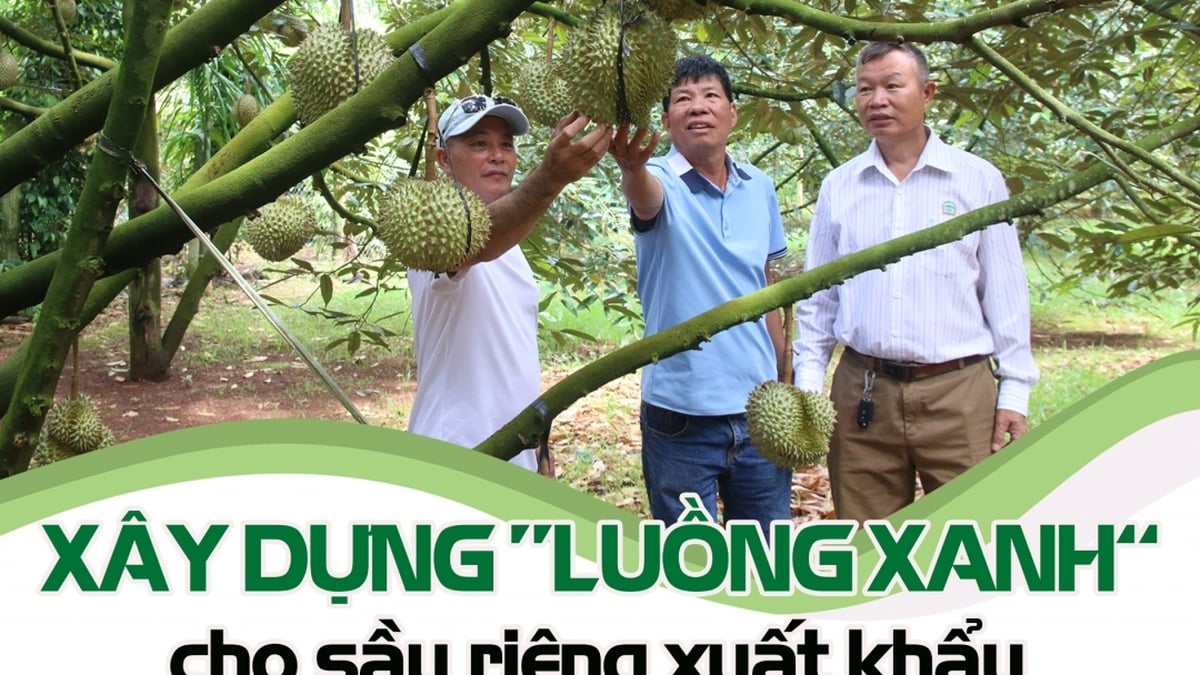
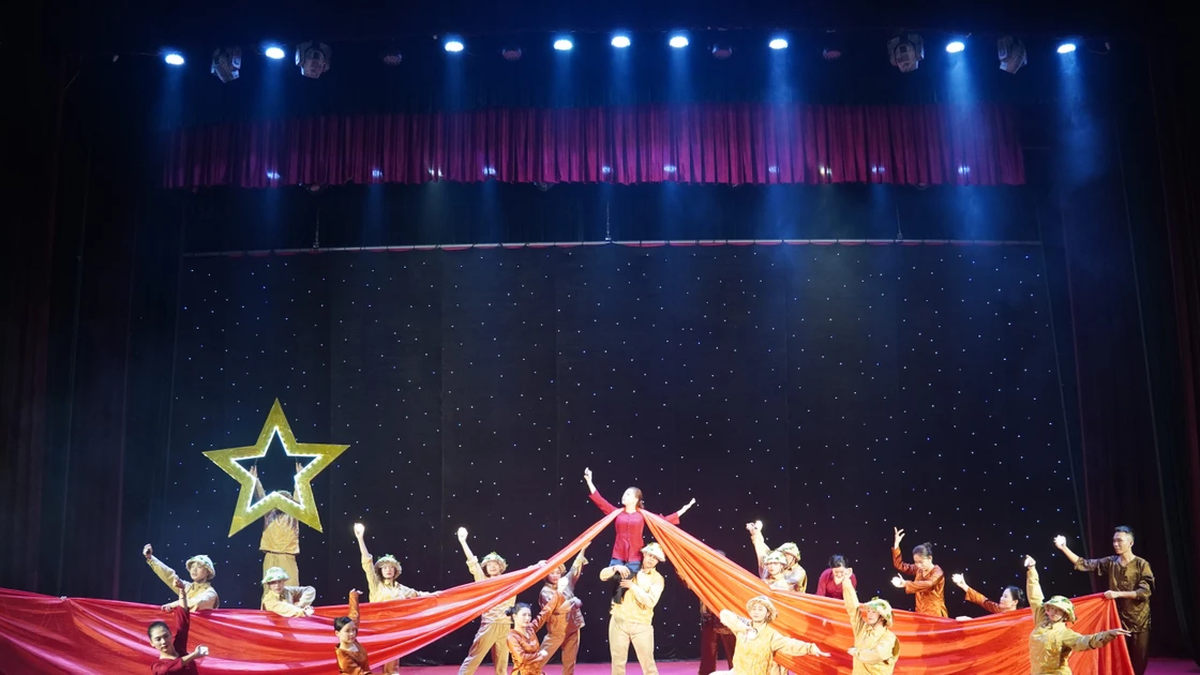
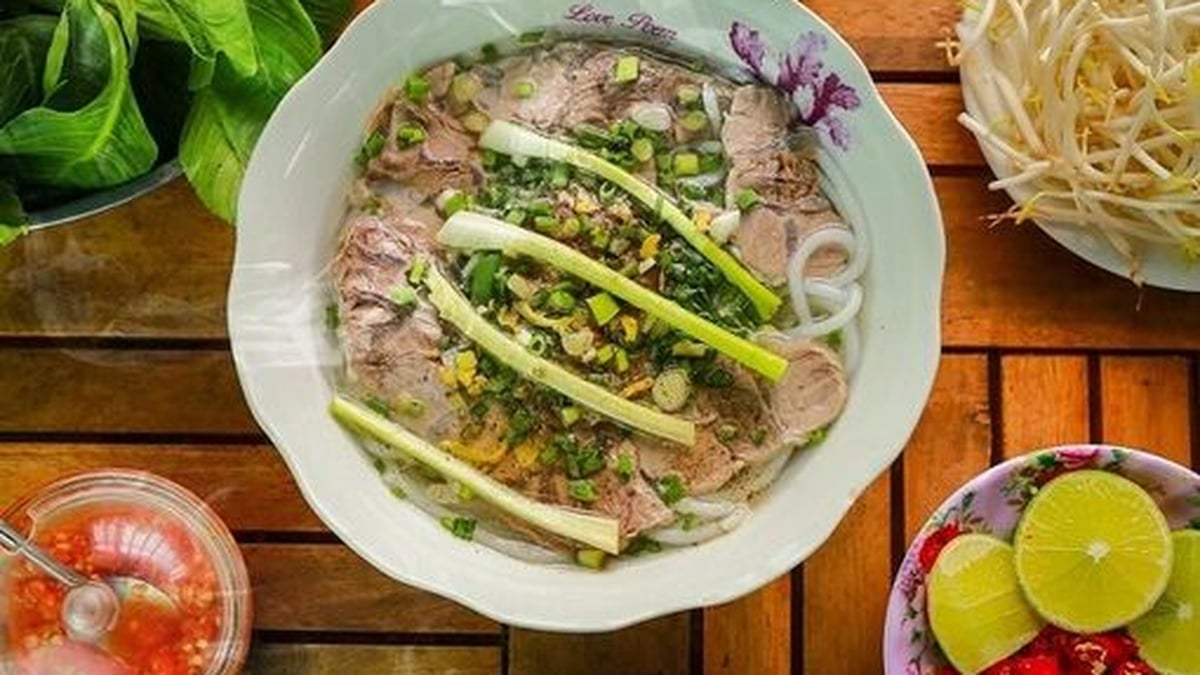
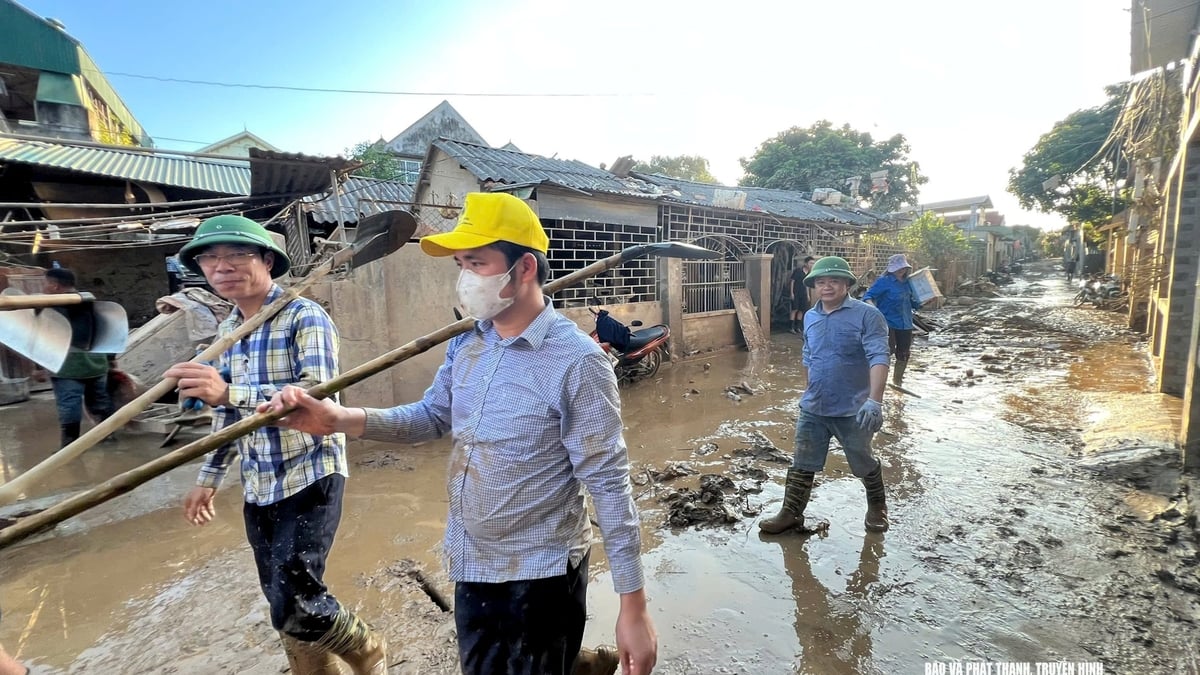
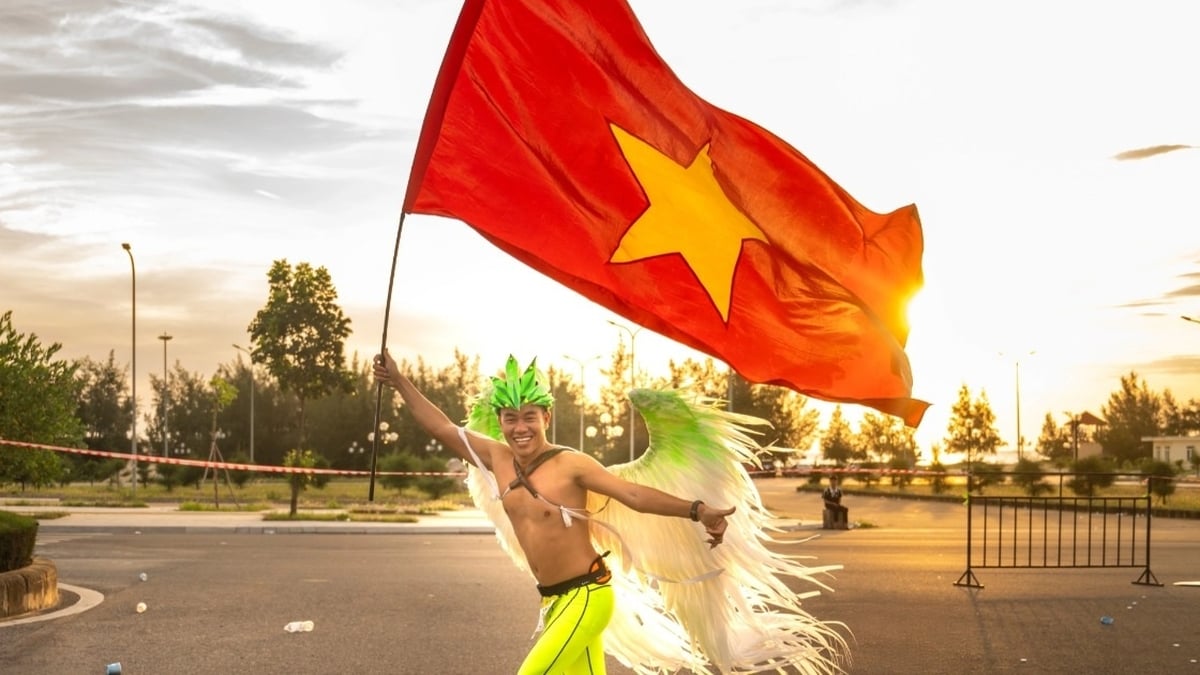

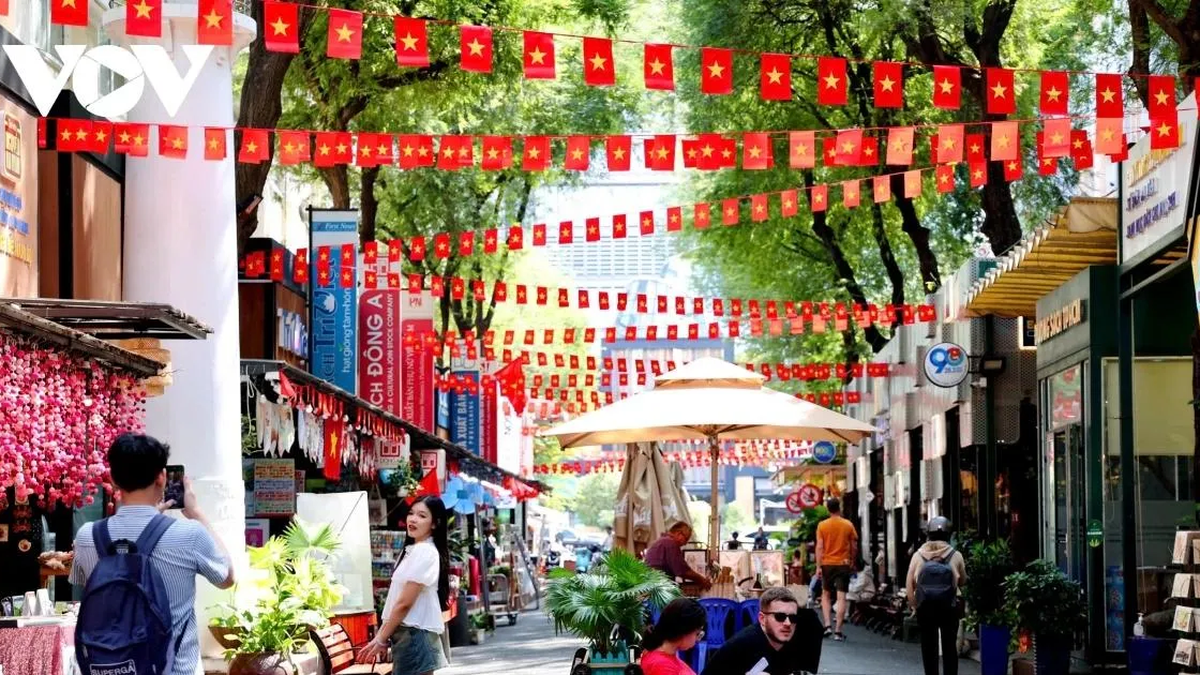

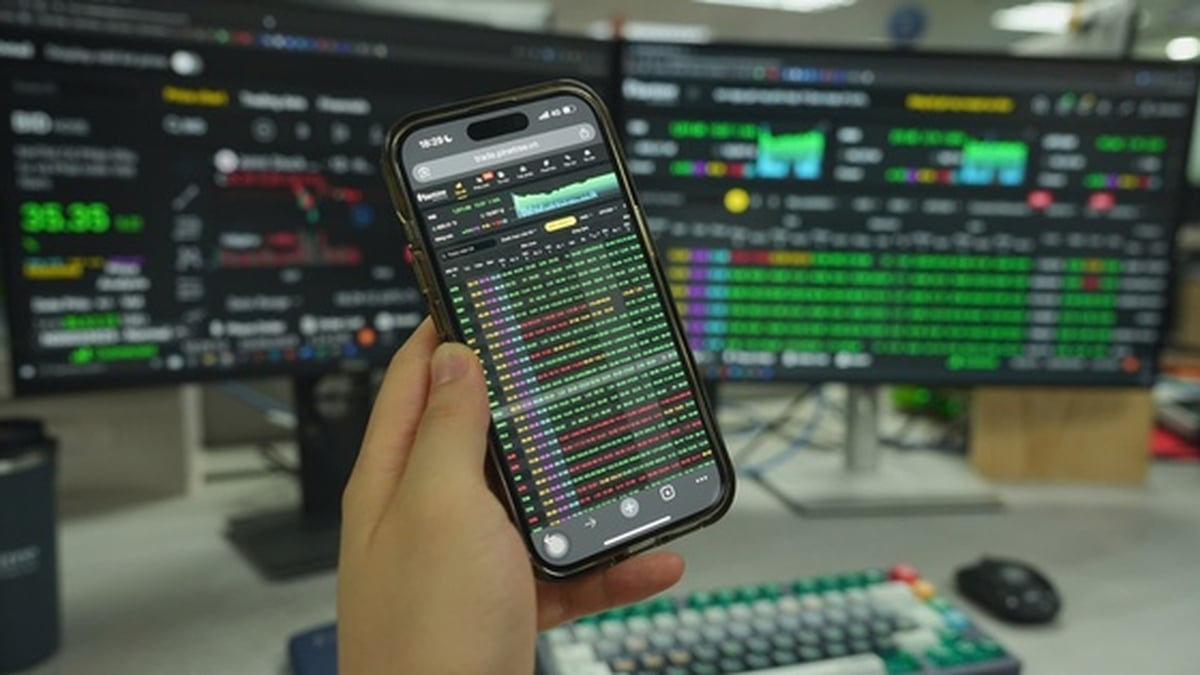
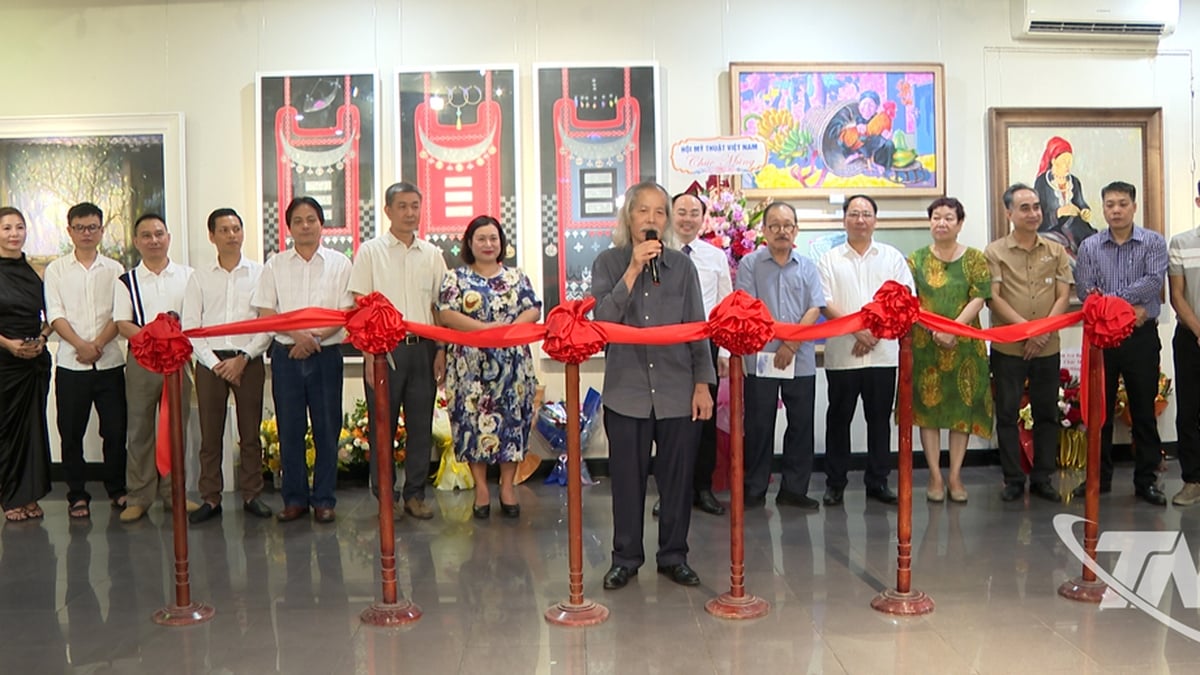



















































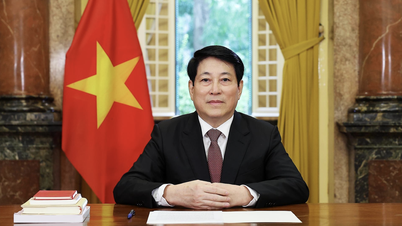

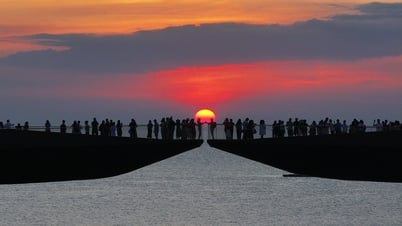


































Comment (0)